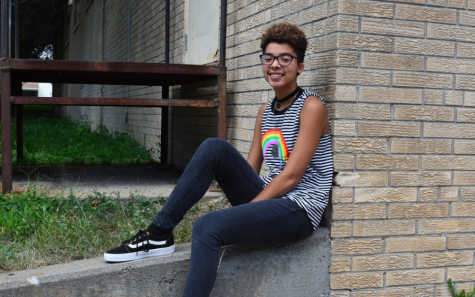What It Takes To Adopt?
In the world there are over 400,000 children waiting to be adopted. In some countries, foster homes are overcrowded with children. The process of adoption is really difficult and very long.
The basic requirements to adopt a child are being at least 21 years of age, share information regarding their background and lifestyle, and provide relative and non-relative references. One must also agree to a home study which includes visits with all household members, allow staff to complete a criminal history background check, as well as an abuse/neglect check on all adults in the household, and attend free training to learn about issues of abused and neglected children.
Adoptive parents choose to provide permanent homes and a lifelong commitment to the child. They provide for the short and long-term needs of the children, as well as, for their emotional, mental, physical, social, educational, and cultural needs just as any biological parent would do.
Junior, Addison Lewis, found out she was adopted at the age of eight. Addison does know her birth parents, and has pictures of them. She has never felt that she was different from her adoptive family or that she ever wished that she wasn’t adopted. Addison loves her adoptive parents.
Mrs. Roxie Smith, the junior English teacher, was told from a very early age that her parents did not know her birth parents. They just told her the story of them going to get her. Her mom wrote out three checks for Mrs. Smith because her adoptive mother was so nervous and they are in still her baby book. “Adoption was the very best gift my birthmother could have given me. I am truly blessed with the parents that I was given to. I did meet my birth mom when I was 38, after having a private investigator look for her for years. It did not go so well as this is just a very hard memory from her past. Pregnant teens had to go through a lot in the 1960s, I respect that this was hard for her and just leave her alone.”
Adoption can be a rough process, but in the end it leads to a brighter future for those who have been adopted. Knowing that someone is adopted doesn’t make them different, it makes them unique in their own way.

Hey, my name is Da'Nautica Thomas. I’m 16 years old. I’m a Junior at AHS. This is my first year of writing for the SPUD. I hope to get better as a...
